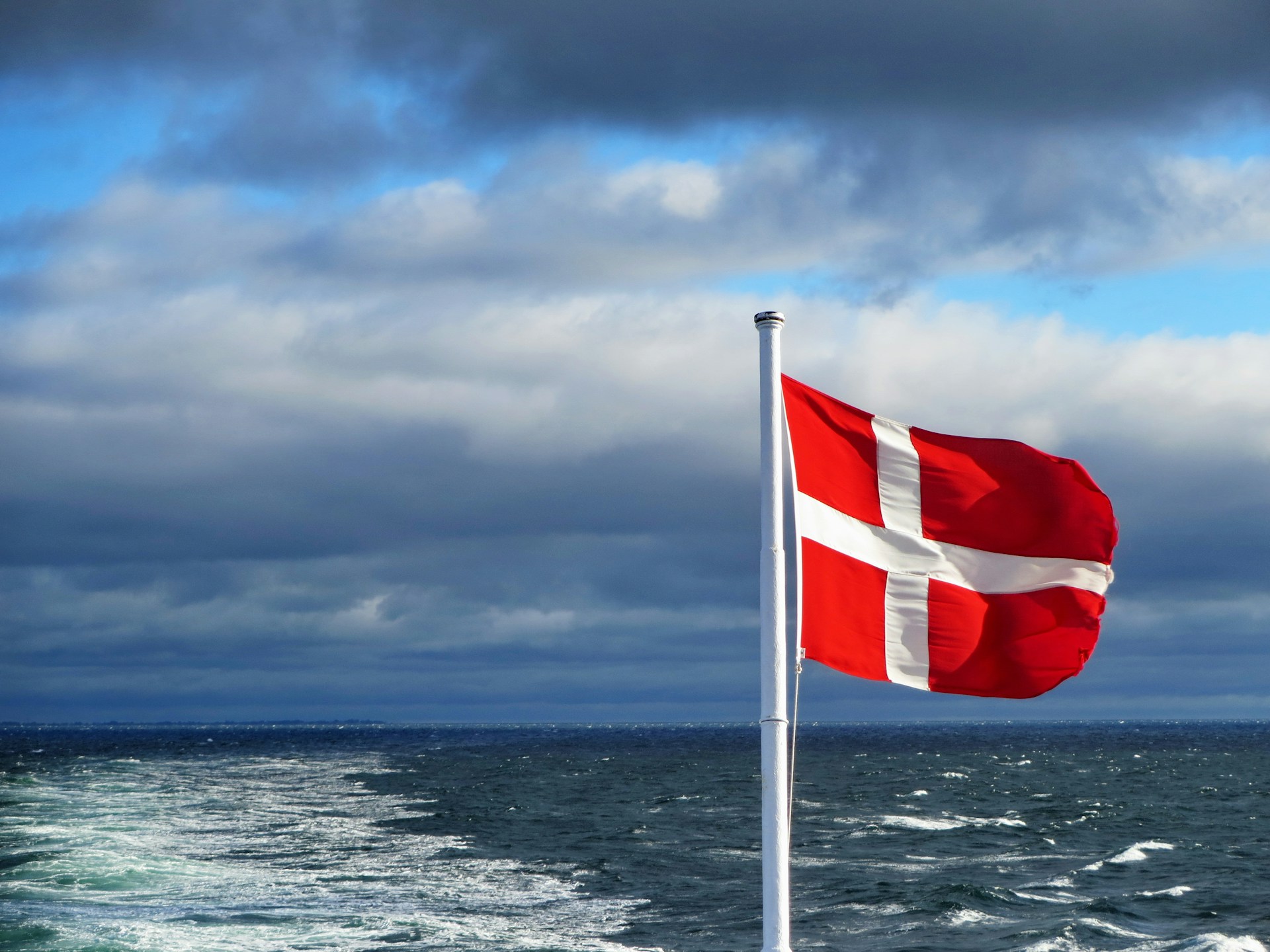Scrubber Discharges Banned by Danish Government

The Danish government has aligned itself with an increasing number of nations implementing measures against the use of open-loop scrubbers, announcing a "broad political agreement" to prohibit the discharge of scrubber washwater within its maritime boundaries beginning next year.
Set to take effect on July 1, 2025, the prohibition extends to ships equipped with open-loop scrubbers, applying up to 22 km off Denmark's shores.
Open-loop scrubbers gained popularity following the introduction of stricter sulfur emissions standards in the North Sea and Baltic Sea in 2015, and the enforcement of worldwide sulfur regulations in 2020.
To adhere to these new rules, shipping companies had the option of either installing scrubbers to clean sulfur from their emissions or switching to a lower sulfur content fuel.
According to the Danish Environment Ministry, open-loop scrubbers have led to the increased presence of several heavy metals and polycyclic aromatic hydrocarbons in the ocean, positing that the newly reached agreement will cut down nickel and anthracene discharges into the sea by up to 20% and 7%, respectively.
“This agreement is another important step on the way to a better marine environment. Scrubber water emits a number of problematic substances, which accumulate on our seabed and are absorbed into the ocean’s food chains and end up in the fish we eat. The discharge of environmentally hazardous substances comes from many different sources, but scrubber water is a source about which we have a lot of knowledge and data, and therefore I am happy that we are now putting an end to the pollution with scrubber water in Danish territorial waters,” expressed Magnus Heunicke, the environment minister.
To comply, vessels will need to transition to either low-sulfur fuel options or closed-loop scrubber systems. The prohibition against discharging from closed-loop scrubbers is scheduled to be enforced in July 2029. Additionally, Denmark intends to advocate for a similar prohibition within the Baltic and North Seas via regional maritime agreements.
Nina Porst, the climate, environment, and safety director at Danish Shipping, voiced satisfaction over the decision, stating, “It is commendable that politicians have heeded our plea for a reasonable transition period. This allows shipping companies, who have invested significantly in scrubber technology to reduce sulfur emissions, adequate time to adjust to new operational norms.”
Several other countries, including China, Saudi Arabia, Singapore, Turkey, and numerous European ports and regions, have already implemented bans on the use of open-loop scrubbers.